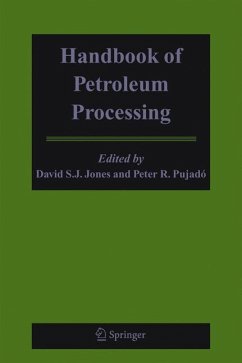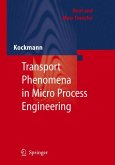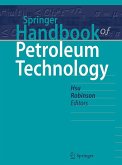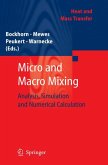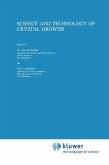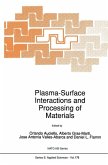At its core is a complete overview of the processes that make up a modern refinery, plus a brief history of the development of processes. Also described in detail are design techniques, operations, and, in the case of catalytic units, the chemistry of the reaction routes. These discussions are supported by calculation procedures and examples, which enable readers to use today's simulation-software packages.
The handbook also covers off-sites and utilities, as well as environmental and safety aspects relevant to the industry. The chapter on refinery planning covers both operational planning and the decision making procedures for new or revamped processes. Major equipment used in the industry is reviewed along with details and examples of the process specifications for each.
The second part comprises a glossary and dictionary of the terms and expressions used in petroleum refining, plus appendices supplying data such as converging factors and selected crude oil assays, and an example of optimizing a refinery configuration using linear programming.
Handbook of Petroleum Processing is an indispensable desk reference for chemist and engineers and also an essential part of the libraries of universities with a chemical engineering faculty and oil refineries and engineering firms performing support functions or construction.
Dieser Download kann aus rechtlichen Gründen nur mit Rechnungsadresse in A, B, BG, CY, CZ, D, DK, EW, E, FIN, F, GR, HR, H, IRL, I, LT, L, LR, M, NL, PL, P, R, S, SLO, SK ausgeliefert werden.

